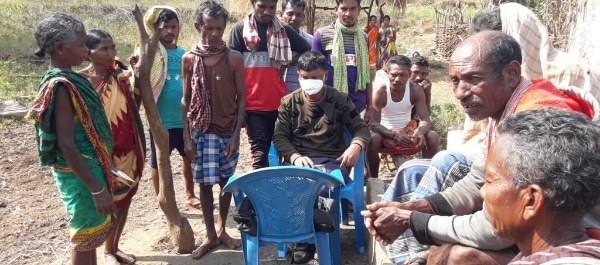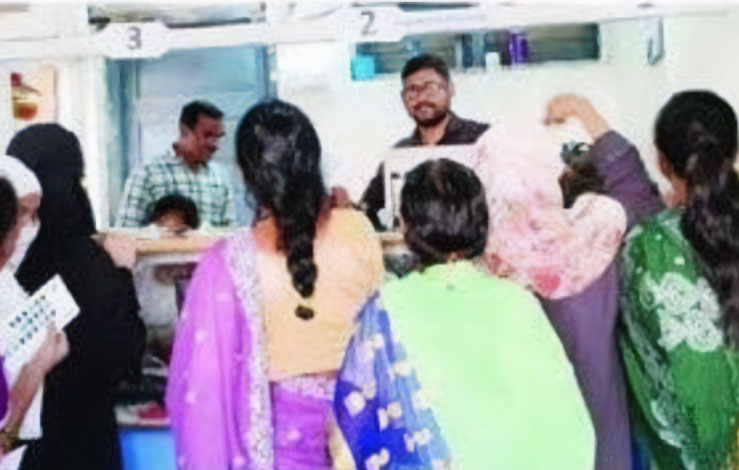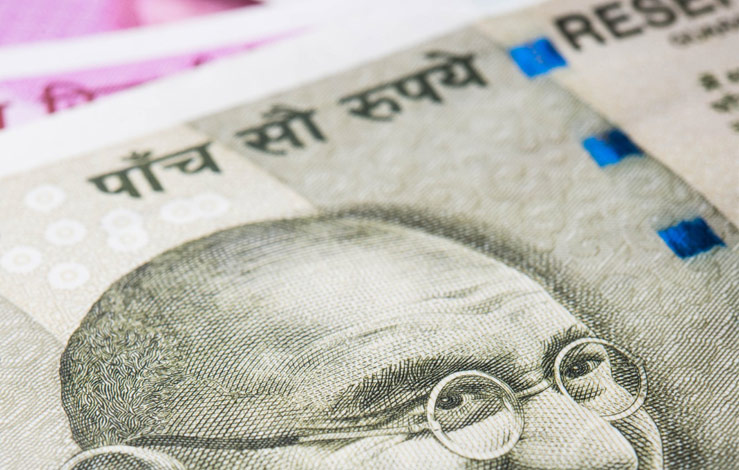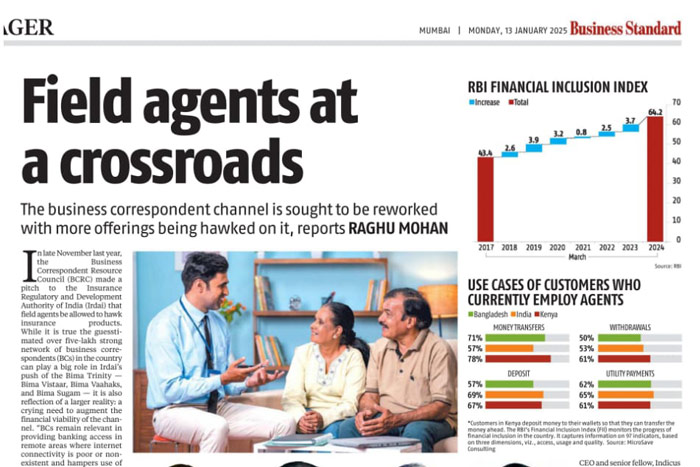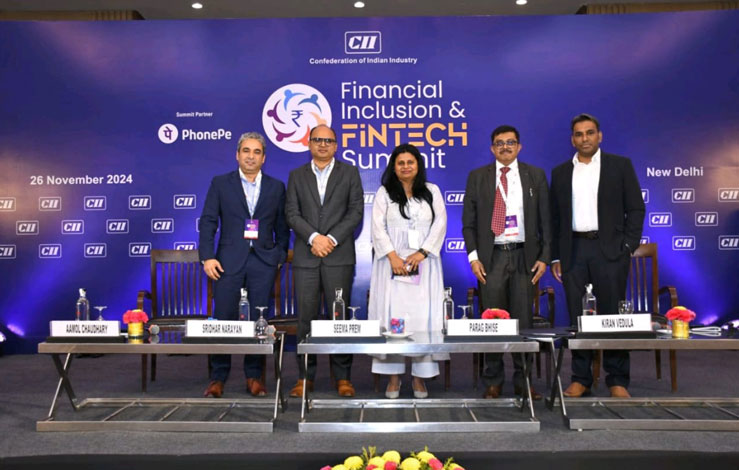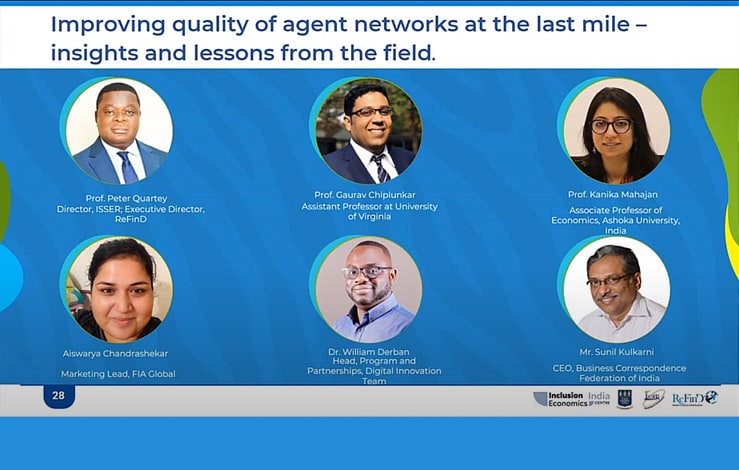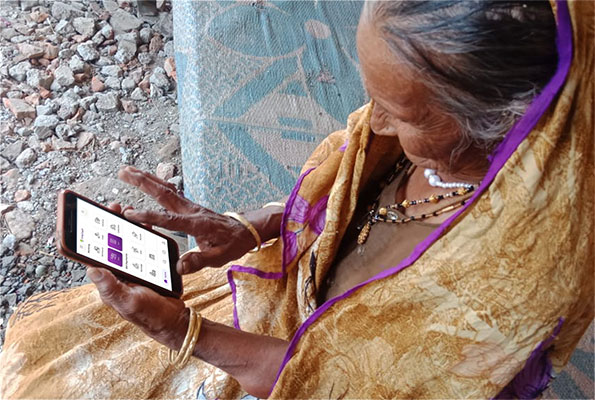As of this writing, more than a quarter of the world’s population has received at least one dose of COVID vaccine. And the number of vaccinated people continues to increase as more vaccines are rolled out. This gives us hope — that one day, we will be free from the shackles of the pandemic. However, vaccines alone cannot solve all the problems that the COVID-19 pandemic has created or aggravated.
The economic impact of the pandemic is harsher on women
The pandemic forced many businesses to shut down completely or operate with a skeleton crew. One study found that the unemployment rate throughout the pandemic is higher among African-American (Black), Hispanic, and Asian women than “white women.”
According to The Asia Foundation, the economic impact of COVID-19 is harsher on women in developing and least developed countries (LDCs) such as in South Asia. This is because most women work in informal sectors, which provide fewer work benefits, protection, and security.
In South Asia, the majority of women (80%) in non-agricultural jobs are informally employed. Many women informal workers in India and Pakistan belong to industries that offer non-essential services during the pandemic, so they were the first to lose work opportunities.
In Bangladesh and Nepal, women-owned MSMEs suffered from a significant reduction in sales due to low demand for non-essential products and services. Those who sought cash assistance to keep their operations going had to contend with either lack of government stimulus packages or delayed monetary response and relief distribution. Some had to use their savings or borrowed money to cover income losses. Others decided to quit. In Bangladesh, almost 20% of women-owned enterprises completely closed their operations.
There were also cases where women had to give up their jobs voluntarily, and not due to business shutdown or layoffs.
Increased caregiving duties
Many women dropped out of the workforce because of increased caregiving duties. In India, the health crisis has increased the time women need to spend on family responsibilities by 30%. In Bangladesh, women spend more time looking after children (up by 31%), taking care of the elderly (up by 60%), and doing household chores (up by 70%). In contrast, the time women spend on income-generating activities has decreased by 60%.
At FIA Global, we saw more women than men voluntarily giving up their jobs among our banking agents. Aside from travel restrictions that made work harder and riskier for them, women also were also forced to stay home to look after their children.
Men as the primary family provider
According to McKinsey, “traditional societal mindsets about the role of women” are also a factor. Society “dictates” that it should be women — and not men — who should stay home to take care of family duties.
In addition, when jobs are scarce, women suffer, particularly in patriarchal societies. One survey that McKinsey cited revealed that the majority of respondents in MENA and South Asia believe that when jobs are scarce, they should be given to men, who are regarded as the head of the family or the primary provider. Less than 20% of respondents from developed countries think the same.
Automation and AI are also taking away jobs from women
Before the pandemic, many experts predicted that new-generation technologies such as automation and AI would displace both men and women. Now, it is happening at an accelerated pace due to the pandemic. According to the Harvard Business Review, it will be more difficult for women to adjust and learn a new skill because of their limited access to training.
Resource scarcity hinders women from working from home
Why don’t women simply work from home? The home-based arrangement may not be as simple as some people think it would be. This is particularly true for poor families who have no capital to use to put up a business or cannot avail of a mobile device to work remotely. And if they have one, their school children or other family members might compete for that resource.
Were previous efforts on gender equality in vain?
For decades, people have been fighting for gender equality in employment. There were some improvements. Various laws protecting women’s employment rights have been passed. More industries now hire women.
But it remains a challenge for women to manage work and family duties. And this recent black swan event has aggravated the problem, making it even more difficult for women to balance their duties at work and home.
The cure
The problem is so complex that there can be no single cure. The combined effort of all decision-makers and stakeholders is needed to come up with practical solutions to help alleviate the economic impact of COVID-19 on women.
So what can be done to help women survive the pandemic?
- Immediate relief
The Center of American Progress lists some immediate relief programs that government leaders should implement, which include:- Extend and expand unemployment benefits.
- Increase relief funding for the child care industry to $50 billion.
- Provide stimulus checks, especially for dependent adults.
But to make these programs even more efficient, we need to create a platform that allows families — and women in particular — to easily and safely receive and manage their cash benefits.
The Asia Foundation recommends the following initiatives to help women in South Asian countries:
- Enable streamlined delivery of financial assistance for women entrepreneurs.
- Ensure quick access to cash assistance by adopting an innovative financing model.
Long-term solution
The pandemic has widened the gender gap. But through financial inclusion and digital inclusion, we can minimize or close this gap.
For example, in this video, Melinda Gates explained how women can be empowered amid the pandemic. She highlighted that women will be able to quickly and easily receive and manage cash assistance if they have access to digital devices and digital financial platforms. It can help ensure that cash transfers are credited directly to women’s accounts, whether or not they are identified as the head of the household.
Arming women with digital tools will also enable them to create digital accounts and access various services without risking their health and leaving their children behind. It will empower women to navigate the new normal, seek opportunities, create wealth, or multiply what they already have.
New-normal women empowerment
The problem stays the same. Women need equal employment rights and privileges. But the battleground has changed due to the pandemic. It is now partly digital.
We can unshackle women from the severe economic impact of the pandemic through financial inclusion and digital inclusion. Let’s provide women with robust digital tools and platforms to increase their economic power and use this power to benefit their families and their communities.
We are already doing it in India. Through our financial inclusion initiatives and easy-to-use digital payment and online banking solutions, FIA Global helps the government reach more women across the country, particularly those from low-income communities. We believe that no woman will be left behind if every woman will be financially included and digitally empowered.

